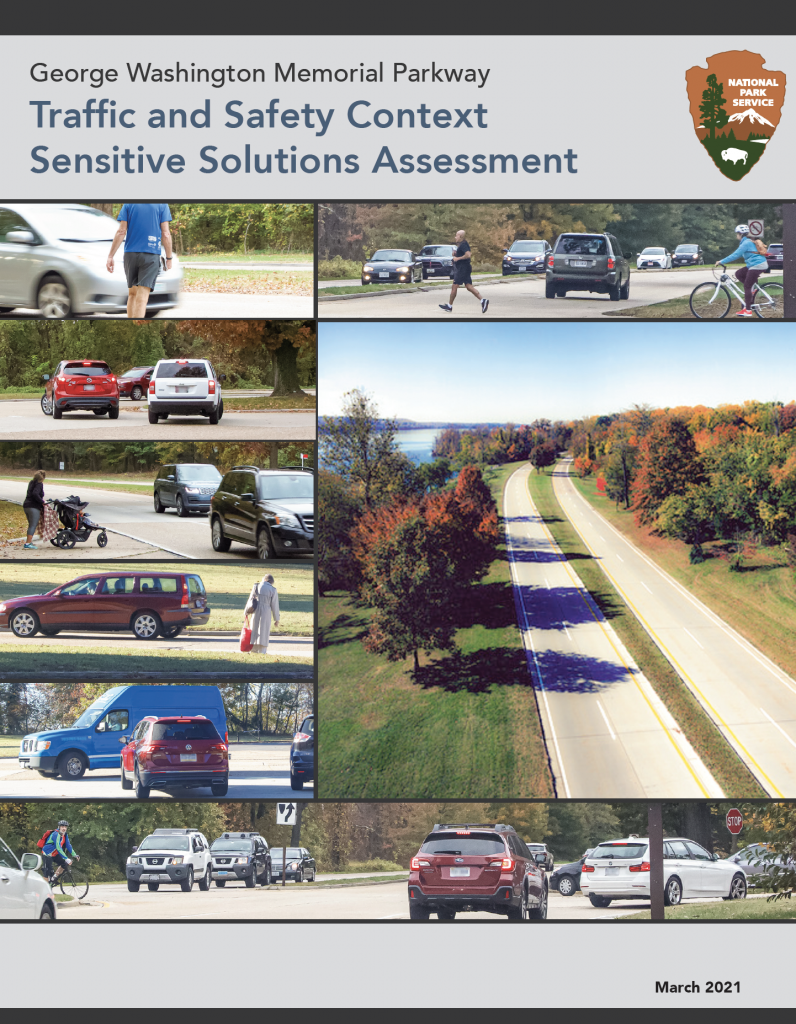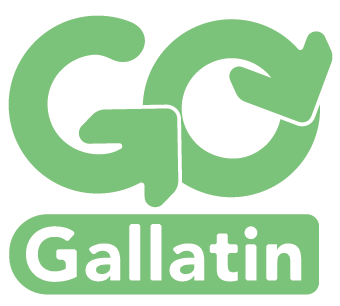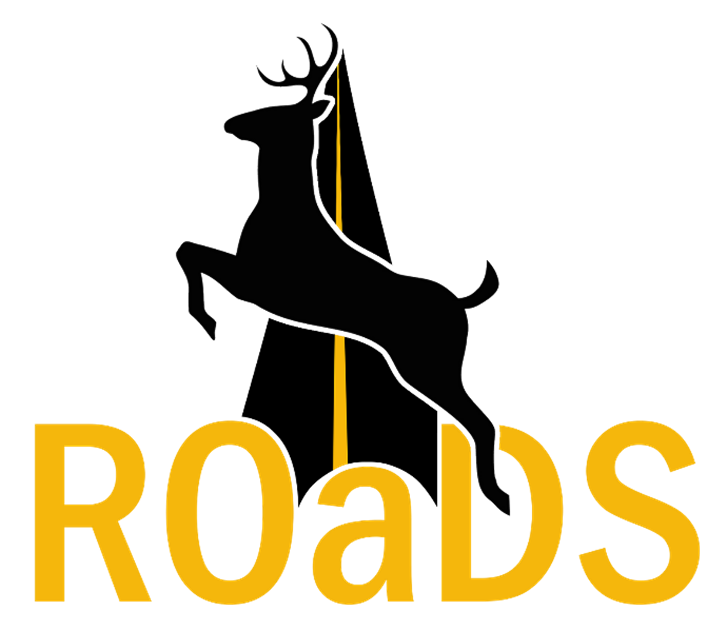NPS Plans Safety Improvements Based on WTI Study

Along a historic parkway in Virginia, the National Park Service (NPS) will soon begin improvements to enhance safety for drivers, pedestrians, and cyclists. In a recent news release, the NPS announced planned safety measures for the George Washington Memorial Parkway, which runs along the Potomac River near George Washington’s Mount Vernon Estate. The Parkway serves […]
IN THE NEWS: High Country News Reports on Montana Passenger Rail

In a recent article, High Country News provides an update on the Big Sky Passenger Rail Authority, a Montana coalition that is working to revive a passenger rail line that would span 600 miles across the state. “Montana Counties Band Together to Reinvigorate Passenger Rail” summarizes efforts to secure local, state and federal support, as […]
MSU Selects Jay Otto for Employee Recognition

On April 14, Center for Health and Safety Culture Principal Scientist Jay Otto was selected for “Pure Gold,” a Montana State University employee recognition program. Nominated by colleague Annmarie McMahill, Jay was recognized for his meaningful research projects and his “above and beyond” efforts to serve the university and community. Read the full story on […]
NEW NAME, NEW CHALLENGE: The Bozeman Commuter Project Has Rebranded

Join the GoGallatin MSU Commuter Challenge this week In October, WTI was awarded an Office of Outreach & Engagement Seed grant to begin a rebrand of the existing Bozeman Commuter Project. Four Montana State University students are working with WTI project lead Matt Madsen as a collaborative team to move the project forward (stay tuned […]
SAFETY CENTER WEBINAR: Roadkill Observation and Data System Project

Two WTI Road Ecology Researchers will be the main presenters at a webinar on Tuesday, April 13, at 11 am Mountain Time. The National Center for Rural Road Safety (Rural Safety Center) is hosting a FREE, 1.5-hour online webinar on “Road Observation and Data System Project: Streamlining Animal-Vehicle Collision Data Collection.” This webinar will feature […]
IN THE NEWS: TRB Highlights Interview with WTI Cold Climates Researcher

The impact of extreme weather on transportation systems and infrastructure was the focus of a recent feature article by the National Academy of Sciences’ Transportation Research Board. In “Preparing for Winter Weather with Transportation Resources,” TRB interviewed WTI Research Scientist and Cold Climates Program Manager Laura Fay about the importance of prevention in the winterization […]
